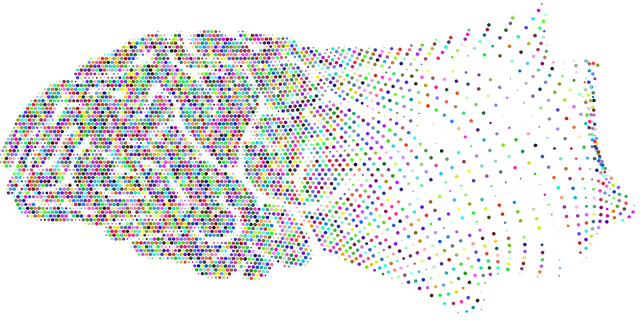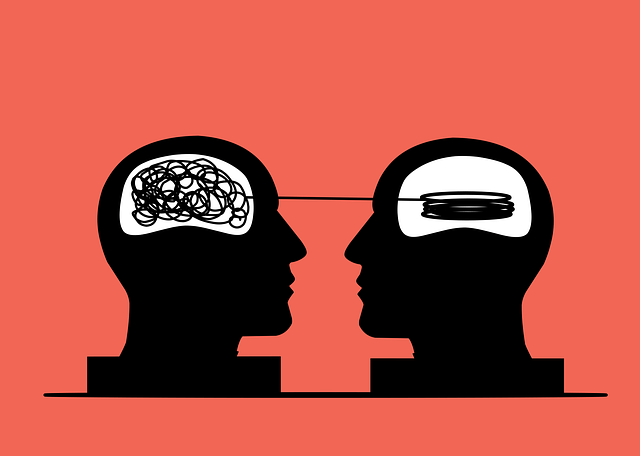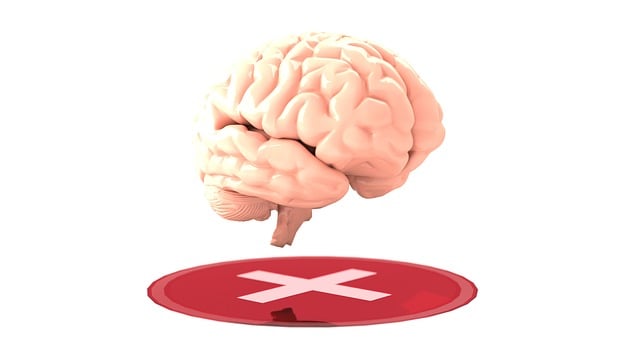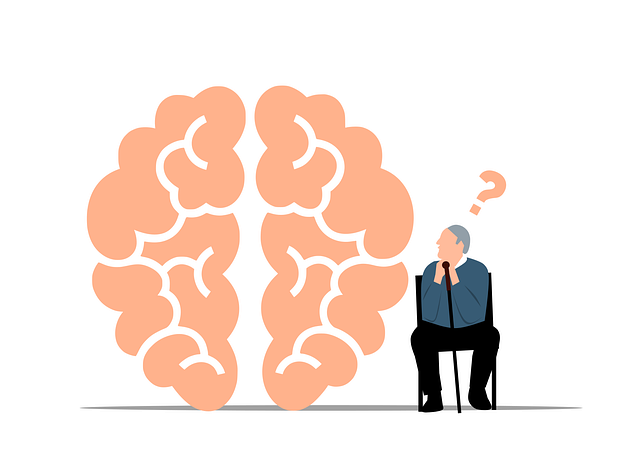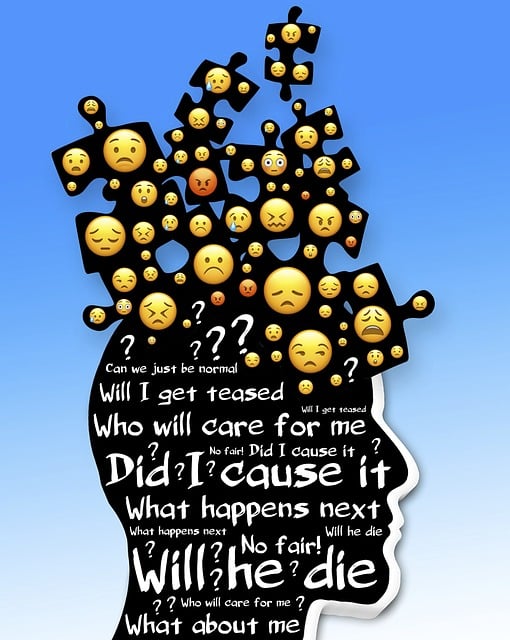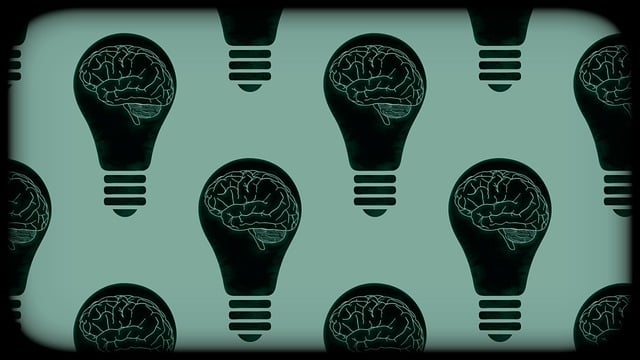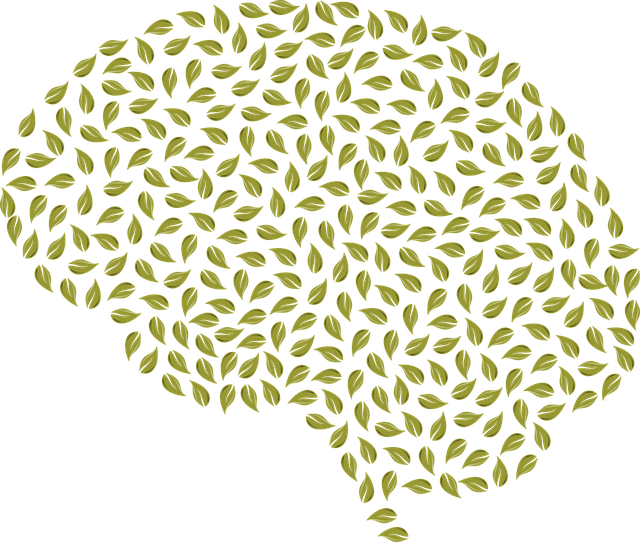Crafting effective marketing strategies for mental wellness apps requires deep understanding of target audiences, such as elders facing aging challenges and therapists seeking professional development. Market research through surveys and competitor analysis is vital to identify needs and unique selling points (USPs). Apps should offer tailored solutions like Social Skills Training or cultural competency modules to stand out in a competitive market. Multi-channel marketing, leveraging social media, partnerships, and email newsletters, effectively reaches diverse users, from elders to therapists, by aligning app features with their specific mental wellness journeys.
In today’s digital age, mental wellness apps offer accessible therapy for elders and therapists-clinicians seeking innovative solutions. This article delves into a comprehensive marketing strategy development guide for this niche market. We explore understanding your target audience—elders and healthcare professionals—through meticulous market research and competitor analysis. Learn how to craft a unique value proposition that stands out, and discover effective marketing channels and strategies tailored to engage users effectively, ensuring the success of your mental wellness app in catering to therapy for elders and therapists-clinicians.
- Understanding the Target Audience: Elders and Therapists-Clinicians
- Market Research and Competitor Analysis for Mental Wellness Apps
- Crafting a Unique Value Proposition for Your App
- Marketing Channels and Strategies to Reach and Engage Users
Understanding the Target Audience: Elders and Therapists-Clinicians

Understanding your target audience is a crucial step in developing an effective marketing strategy for mental wellness apps, especially when catering to specific demographics like elders and therapists-clinicians. Elders, often facing unique challenges related to aging and potential cognitive changes, require tailored solutions. Therapy for elders becomes more than just treating mental health issues; it’s about enhancing their overall well-being, fostering social connections, and promoting meaningful engagement in daily life.
For therapists and clinicians, the focus shifts to professional development and access to specialized tools. They seek resources that offer advanced therapy techniques, continuous education on mental health trends, and efficient ways to manage caseloads. Incorporating features like Social Skills Training and Mental Health Education Programs Design can cater to this audience’s needs, ensuring they stay updated with the latest evidence-based practices while providing quality care to their clients. Additionally, trauma support services are a valuable addition, as many therapists aim to expand their capabilities in treating complex cases.
Market Research and Competitor Analysis for Mental Wellness Apps

Market research is an indispensable step in developing a mental wellness app marketing strategy. Understanding the target audience—in this case, older adults seeking therapy and healthcare providers (therapists/clinicians)—is crucial. Tools like surveys, focus groups, and interviews can gather insights into their needs, preferences, and pain points related to emotional regulation and burnout prevention strategies. Analyzing user demographics, current app usage trends, and unmet demands in the market allows for tailoring unique solutions.
Competitor analysis involves assessing existing mental wellness apps, especially those catering to therapy for elders or therapists themselves. This includes evaluating their features, pricing models, user engagement strategies, and unique selling points. By identifying gaps and opportunities, you can position your app with empathy-building strategies as a competitor-beating solution, ensuring it stands out in the market while meeting the identified needs of both user groups.
Crafting a Unique Value Proposition for Your App

In today’s digital age, mental wellness apps offer a unique opportunity to cater to diverse user needs, from providing therapy for elders experiencing social isolation to empowering therapists and clinicians with efficient tools. Crafting a compelling unique value proposition (UVP) is essential to stand out in this competitive market. Your app should clearly articulate how it differs from others, whether by focusing on specific therapeutic approaches like Cognitive Behavioral Therapy (CBT) or offering personalized plans tailored to individual user needs.
For example, an app targeting elders could emphasize its role in enhancing emotional intelligence and self-esteem improvement through interactive features designed to foster social connections. Alternatively, a therapist-focused app might highlight its comprehensive healthcare provider cultural competency training modules, ensuring professionals can offer sensitive and effective care to diverse client populations. A well-defined UVP not only attracts but also retains users by meeting their unique mental wellness journey requirements.
Marketing Channels and Strategies to Reach and Engage Users

Reaching and engaging users for a mental wellness app requires a multi-faceted marketing strategy that leverages various channels to cater to diverse audiences. For therapy for elders, social media platforms like Facebook and Instagram can be powerful tools, offering content tailored to older adults’ specific needs and concerns. Engaging videos, blog posts, and testimonials from satisfied users can help reduce the mental illness stigma and encourage a willingness to try digital therapy solutions.
In addition, collaborations with senior centers, retirement communities, and healthcare providers can expand reach and credibility. For therapy for therapists-clinicians, professional networks and online forums dedicated to mental health are ideal channels. Presenting insightful articles on topics like self-esteem improvement and inner strength development within these platforms can establish expertise and attract interested professionals. Additionally, leveraging email marketing with targeted newsletters and promotional offers can foster engagement and conversions.
Developing an effective marketing strategy for a mental wellness app requires a deep understanding of your target audience, elders and therapists-clinicians, who seek therapy tailored to their unique needs. Through comprehensive market research and competitor analysis, you can identify gaps in the current offerings and craft a compelling value proposition that differentiates your app. By leveraging targeted marketing channels and engaging content strategies, your app can effectively reach and retain users, providing accessible and impactful therapy for elders and therapists-clinicians alike.
